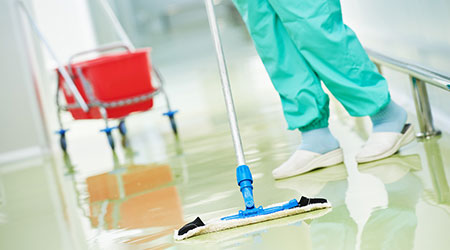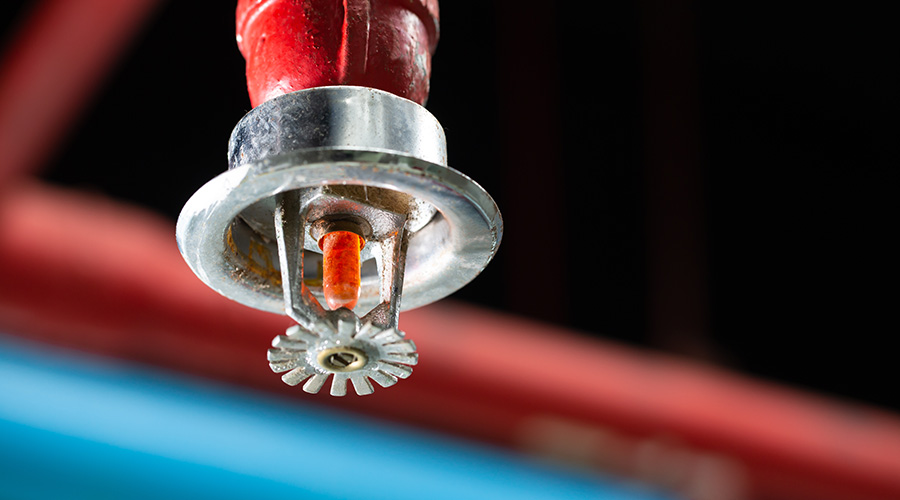Early in the COVID-19 pandemic, hospitals and other healthcare organizations implemented enhanced infection control strategies to control the spread of the illness in their facilities. In many facilities, the focus of efforts to control the spread soon shifted to HVAC systems and air filtration in an effort to prevent airborne transmission.
Despite the shift in focus, facilities seeking to control the coronavirus and other infections need to remain vigilant in their efforts, and housekeeping staffs are central players in these efforts. Over the past decade, there has been a growing appreciation that environmental contamination of hospital surfaces promotes infection transmission for many pathogens, according to Fierce Healthcare. Shedding of any infectious pathogen is important. Numerous studies with epidemiologically important pathogens have shown contamination of surfaces and the frequency of hand contamination correlates to the frequency of environmental contamination.
To prevent the spread of the coronavirus and other emerging multidrug resistant organisms, hospitals have implemented essential universal infection control strategies in their healthcare system that include wearing a mask, optimal hand hygiene and cleaning the environment.
Housekeeping departments play a central role in efforts to keep surfaces sanitized. Professional cleaning staff needs to be familiar with the most common and highly transmissible and infectious germs found in public spaces so they can implement infection prevention and control protocols designed to protect against them.
This is why the implementation of environmental disinfection strategies to interrupt transmission to prevent the spread of infections is extremely important.
Click here to read the article.

 Assisted Living Facility Violated Safety Standards: OSHA
Assisted Living Facility Violated Safety Standards: OSHA McCarthy Completes Construction of Citizens Health Hospital in Kansas
McCarthy Completes Construction of Citizens Health Hospital in Kansas California Tower at UC Davis Health Topped Out
California Tower at UC Davis Health Topped Out What 'Light' Daily Cleaning of Patient Rooms Misses
What 'Light' Daily Cleaning of Patient Rooms Misses Sprinkler Compliance: Navigating Code Mandates, Renovation Triggers and Patient Safety
Sprinkler Compliance: Navigating Code Mandates, Renovation Triggers and Patient Safety